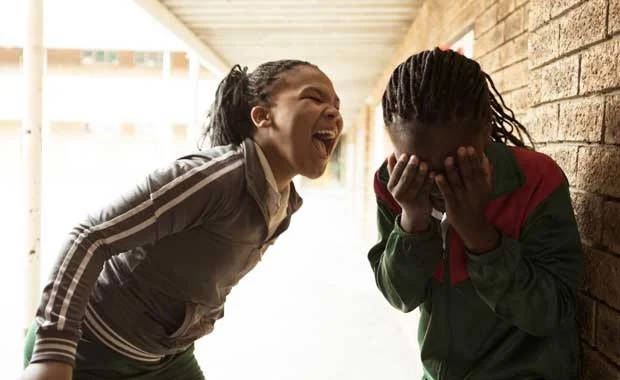
The ManicaPost

Dr Mazvita Machinga
Post Correspondent
Recently, I have attended to several school children who have been victims of bullying at their respective schools.
It is quite painful to listen to what the children go through.
Bullying is happening in school grounds, dormitories, classrooms and on the way to and from home.
Some of the children are even afraid to go back to school when schools open.
This has made me realise that bullying is a growing problem in some schools.
It is hurtful to everyone involved, from the targets of bullying to the witnesses.
The sad thing is that school authorities may not be aware of the bullying, hence students suffer in silence.
It is important to take issues of reported bullying seriously since bullying contributes to mental health problems, including suicide and violence.
Bullying is not right and should not be condoned. Bullying can affect school children and students’ well-being.
For instance, targeted children often suffer from sleep related problems, anxiety, depression, phobias, poor performance in school and even physical illnesses.
Let’s also not forget that the students doing the bullying are also at a much higher risk for a whole host of issues that could extend into adulthood, ranging from violent behavior, substance abuse to dangerous crimes.
As a mental health professional and believer, I affirm the right of all people, regardless of gender, socio-economic status, race, religion, disability, age, and physical appearance, to be free of unwanted aggressive behavior and harmful control tactics.
Teachers, heads of schools, parents, and prefects in schools all play a pivotal role in ending bullying.
I urge teachers and school heads to seek opportunities to be trained in responding to the needs of those who have been bullied, to those who perpetrate bullying, and to support those who may witness bullying.
We need to work together to stop this menace in some of our schools.
No one entity can fight this alone. All schools, be it primary, secondary or even colleges, need to adopt a policy of zero tolerance for bullying, including cyber-bullying.
They need to stand with persons being bullied and take a leadership role in working with students, parents, and the community to prevent bullying.
Teachers’ training colleges need to train student teachers on ways to curb bullying in schools and prepare them to identify and handle any bullying situations in schools.
Most importantly, as parents we need to teach our children empathy and kindness through our role modeling.
Steps to stop bullying can differ, depending on the age of the children. Here are the steps to take:
1) Keep communication lines open, both at home and at school.
Do not brush aside any bullying reports
2) Identify gateway behaviors.
Researchers have found that small behaviors can often signal the beginning patterns of bullying at school or home.
Often missed by teachers who already have so much on their plates, these indicators called gateway behaviors can be difficult to detect.
However, if you can recognise them early, there’s a chance you could prevent bullying from developing to keep your classroom and school a safe place.
3) Are teachers prepared to deal with bullying?
The children I saw reported that teachers miss most incidents of bullying and fail to help them when asked.
Both teachers and students need to be empowered.
4) Educate children about bullying and its consequences.
Teachers and parents need to be role models of kindness.
Children begin to learn how to behave at an early age.
They watch what we do as adults and follow our example.
5) Recognise signs of bullying in children, for example sudden withdrawal, fear, unexplained injuries, destroyed personal belongings, faking illness or regular stomach aches or headaches, nightmares, or tendency to self-harm.
6) Equip your child with tools to deal with bullies e.g. walking away, and not reacting since that is what they are looking for, tell them to stop and report.
7) Make sure that any affected child gets help from a medical or mental health professional.
Delay with cause long term negative effects on the future of the children.
Remember, schools can’t do this alone.
Families matter, too.
So many times, bullying in schools sometimes arise from harsh parenting practices or sibling bullying at home, which is then acted out at school to other children.
Parents’ workplaces also matter.
Some adults experience bullying in their workplaces and later come home and harass children who in turn harass others
◆ Dr Mazvita Machinga is a qualified psychotherapist and mental health consultant based in Mutare. For any psychotherapy and professional counseling services call 0771 754 519, Toll free help line 08080482.



